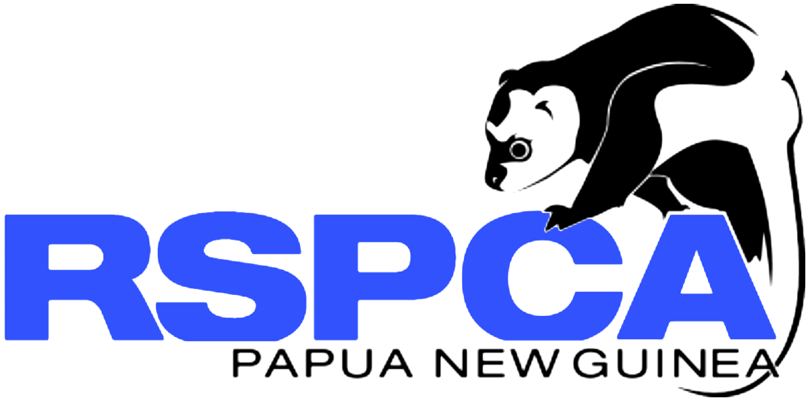
Dogs cannot look after themselves. When you accept the responsibility of owning a dog you have to look after them and give them all they need ‐ for the whole of their life.
Dogs need:
- food and water
- a bed, in a safe place, and out of the sun and rain
- daily exercise and training grooming
- veterinary attention, and your time
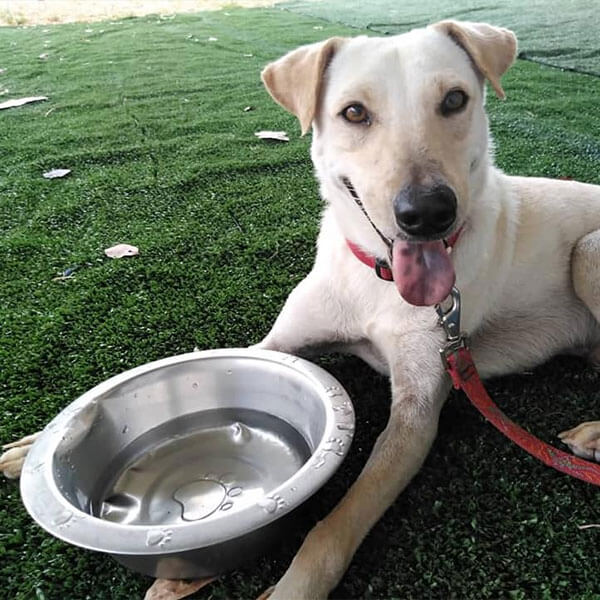
Feeding your dog
You can buy dog meat in cans or commercial dry dog food, or, you can prepare home‐made meals, but each meal should be ‘balanced’ to keep your dog healthy. Each meal should be one third cereal (such as rice), one‐third meat or fish and one‐third vegetables. Table scraps can form PART of your dogs diet, but dogs should NEVER be given cooked bones, as they can easily splinter when chewed and make your dog very sick.
If you choose to prepare homemade meals you can cook together equal quantities of meat or fish with rice and vegetables, or you can use tinned dog meat and mix it with cooked rice and vegetables.
Most dogs need about a cup of food for every 5 kilos they weigh. Active dogs may need more than this. To make sure you are giving your dog the right amount of food, look at, and feel,their ribs and hips. You should be able to feel these bones without pushing through layers of fat, but you should not be able to see them standing out.
Your dog should always have a bowl of clean water available.
Raw meaty bones should also be a regular part of your dog’s diet, to keep their teeth and gums healthy.
It is normal for your dog to eat fruit and vegetables and to nibble fresh green grass.
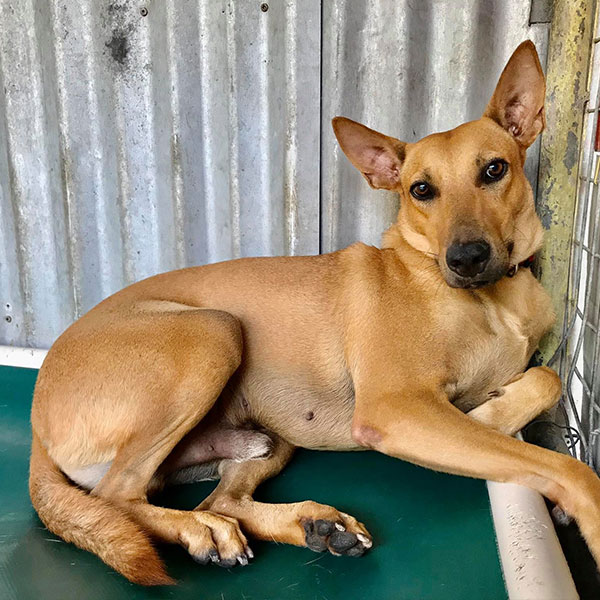
Shelter and bedding
Your dog should have a clean comfortable bed. It should be soft (to prevent calluses forming); a towel, blanket or even a pile of newspapers can be used, and it should be in a sheltered place, off the ground, protected from the sun, wind and rain. Your dog’s bed should also be kept clean and free from fleas and ticks.
Your yard should be fenced and secure so that not only is your dog kept in, but other dogs are kept out.
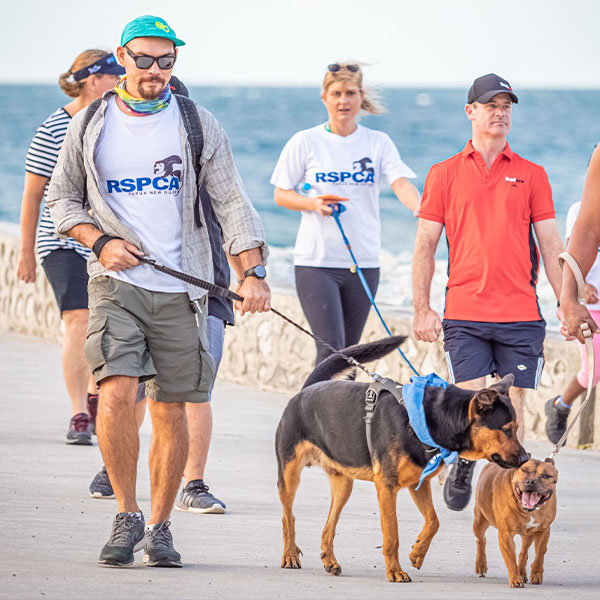
Exercise and training
All dogs need daily exercise, a walk or a run with you is ideal, and a daily period of play, such as fetching a ball or stick is also good exercise.
Training is also necessary. All dogs should come when called, walk on a lead without pulling, sit and stay on command, and understand a ‘stop’ or ‘no’ command.
If you require further information, a leaflet about training is available.

Grooming
All dogs need to be kept clean and have dead hair brushed or combed from their coats. Longhaired dogs, and dogs with thick coats need daily combing, or to be clipped. All dogs need to be washed when they are dirty, and to have all external parasites (fleas, ticks and mites) removed. These parasites make your dog itchy; cause skin disease, hair to fallout and can make him weak and sick.
There are a number of products available to remove and prevent parasites, and a ‘hydro‐bath’ for dogs is available at the RSPCAPNG clinic, for a small charge.

Health
Dogs should be vaccinated against three serious dog diseases: canine distemper, canine hepatitis (adenovirus), and canine parvo‐virus. These diseases spread easily and are often fatal. After an initial dose, annual booster vaccinations will be required.
Heartworm can cause fatal heart disease and your dog should have begun heartworm prevention treatment from about 8 weeks old. If your dog has not be receiving regular treatment, or you are not sure, your dog should be tested for heartworm before any prevention medicine is given. Heartworm prevention can be given daily or monthly, as tablets or syrup, or as an annual injection.
Dosing to get rid of ‘worms’ (intestinal parasites) should occur every three months, as worms can serious health hazard, to your family as well as your dog.
External parasites, fleas, ticks and mange mites, should also be controlled. There are many products available for parasite control in dogs, some with overlapping actions. Discuss your dog’s needs with the RSPC Veterinary Clinic to decide on the most suitable programme for your dog.
The RSPCAPNG strongly recommends that all dogs kept as companions should be de‐sexed. De‐sexed dogs make better pets, live longer, fight less, suffer fewer disease problems, and don’t produce more puppies to become unwanted strays on the streets. De‐sexed dogs will still protect you and your family and will not suffer any ill effects from the simple de‐sexing procedure.
If your dog shows signs of being ill, or is injured some way, do not delay in seeking the advice of a veterinarian.
Finally, if you and your family are planning to be away home for any length of time you must arrange for a responsible person to take care of your dog while you are away. You must make sure that this person knows to take care of dogs and that your dog will be kept in a secure place and not allowed to stray. This person should also have your authority to seek veterinary advice if necessary. Alternatively the RSPCAPNG Vet Clinic has facilities to board all animals.
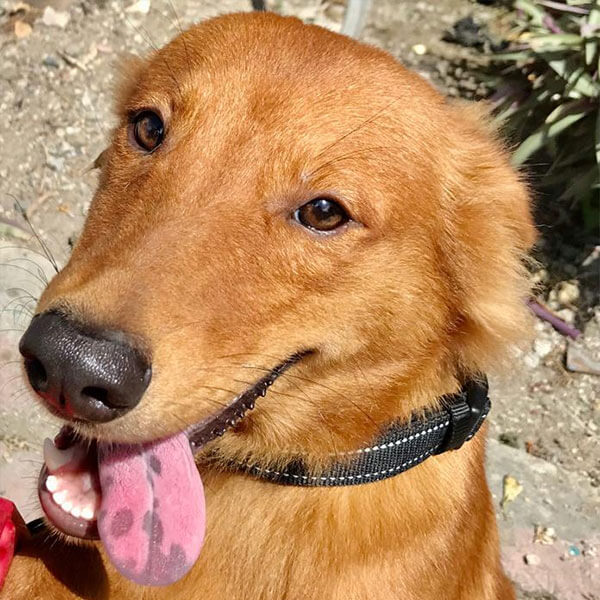
The rewards
Current opinion is that children who are taught to care for animals will develop into adults who care for people. More importantly, children who show violence towards animals are likely to grow into violent adults, so by teaching your children to care for animals, you will be helping them to develop into responsible and caring adults.
Pet ownership also benefits people who have stress at work or school because interacting with an affectionate family pet reduces the heart rate and relieves stress. In addition, in many countries animals are taken to visit people in hospital because these visits are seen to speed up the recovery process.
So look after your pet and your pet will look after you.
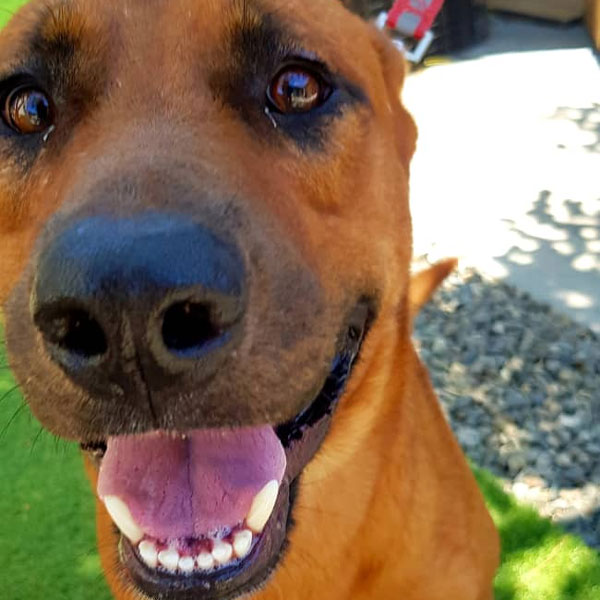
If you have any queries on the health or care of your pet please visit the RSPCAPNG Vet Clinic during surgery hours:
Monday – Friday: 9:00am – 4pm
Saturday: 9am – 1pm
Sundays and public holidays: Closed
The RSPCAPNG Shop stocks a full range of animal grooming and health care products and staff will be pleased to advise you on the best product for your pet.
The RSPCAPNG believes that all animals have the right to live their lives with:
- freedom from hunger or thirst
- freedom from excess heat or cold
- freedom from disease
- freedom from pain and suffering
- freedom to move and behave normally
For further details about membership or the work of the RSPCAPNG in Papua New Guinea please call 325 2363 or email rspca@rspca.colonygroup.co
